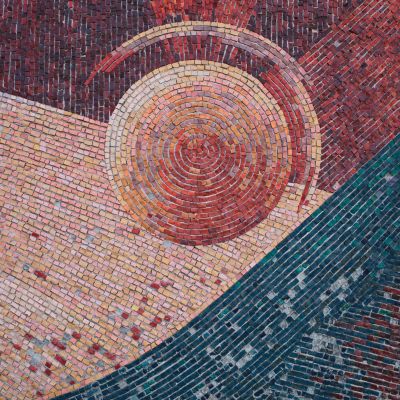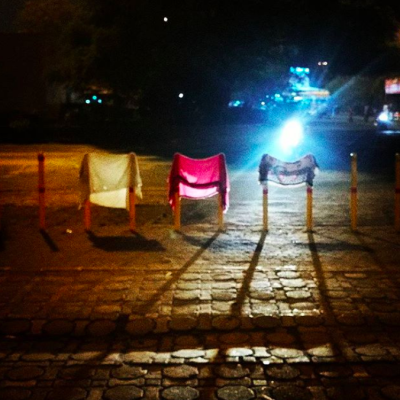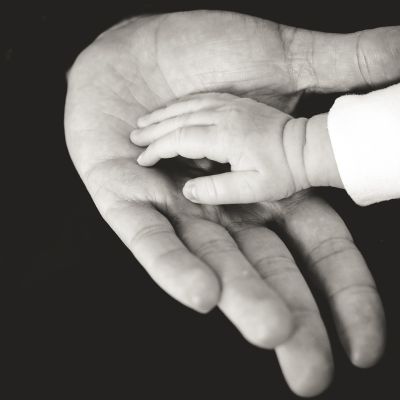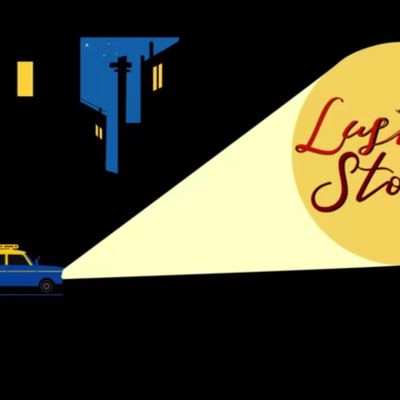SISA spaces
People looking for queer plots in Bollywood are sometimes disappointed, as the focus on marriage in many films seems to suggest that Bollywood is a conservative genre invested in sanctifying reproductive heteronormativity.
As advocates of safe, inclusive and sexuality-affirming spaces, we can explore different ways to ensure that the people we are interacting with on dating platforms are legal adults and are not merely wearing a mask of adulthood.
Connection, to my mind, is one of those profoundly entrenched concepts manifesting itself throughout our lives. It is difficult to let go of.
Of course, one needs to acknowledge that this word did not magically turn up in the vocabularies of the ‘good girls from good families’ that came to a convent school to learn ‘good things’ everyday. The extensively gendered environment which promised to manufacture highly-marriageable ‘young ladies’, aided by the insistence of middle-aged spiteful teachers to absolutely destroy any kind of existence that does not constantly bow it’s pretty, two-plaited head to the heteronormative male gaze, created a suffocatingly toxic atmosphere.
I gave myself the freedom to choose. And I chose to re-examine my assumptions. Maybe it was possible to ask strange men for directions without being afraid of seeming vulnerable. Maybe I could plan my outfit without bothering about the fact that I would be travelling on public transport.
I gave myself the freedom to choose. And I chose to re-examine my assumptions. Maybe it was possible to ask strange men for directions without being afraid of seeming vulnerable. Maybe I could plan my outfit without bothering about the fact that I would be travelling on public transport.
Family, immediate and extended, is usually who you turn to. They are the ones who provide stress relief and reduce anxiety by boosting self-confidence and self-esteem and providing a protective shield. There is a sense of belongingness in good times and in bad.
Facebook. Google. Apple. Microsoft. Amazon. As the white male-dominated Big Five in Silicon Valley monopolise most platforms that guide online interactions almost everywhere outside China, any aspiration towards a feminist revolution has become capitalised.
The anthology’s pull rests in its sincere and frank portrayal of male and female desires cutting across the divides of age, sexuality, and socioeconomic position. In terms of romance, the idealistic, till-death-do-us-part fantasy peddled by our movies and mainstream literature has been replaced by a realistic portrayal of modern relationships.
The social value of the platonic relationship needs to be restated: Too many boys today grow up with the idea that their relations with women (who are not their mothers and/or sisters) are confined to an oversexualised romantic bubble.
How would we see the world really, if we were open to the idea that it is not purpose but play that drives us to seek companionship, be it an orchid seeking a pollinator or a human seeking another?
It’s clear Ms. Nisha is not here to shame them or lecture them. She’s here to give them words when they have none.
Dalit women are primarily viewed as victims and survivors of various kinds of violence. Reification of the Dalit identity has led to the boxing of our existence whose dimensions are solely defined by the savarna (dominant caste) gaze. Our self-assertions of identity are commodified to create a warped limiting of our lives, creating an image that is voiceless in the minds of our potential suitors. We are not seen as being capable of desire, love or happiness; we don’t exist as individuals outside of violence.
I am 27 now and marriage is the most brought-up topic of conversation by my parents and relatives. Now, choosing or wanting to stay single is inversely proportional to my reputation, respect, and worthiness.














